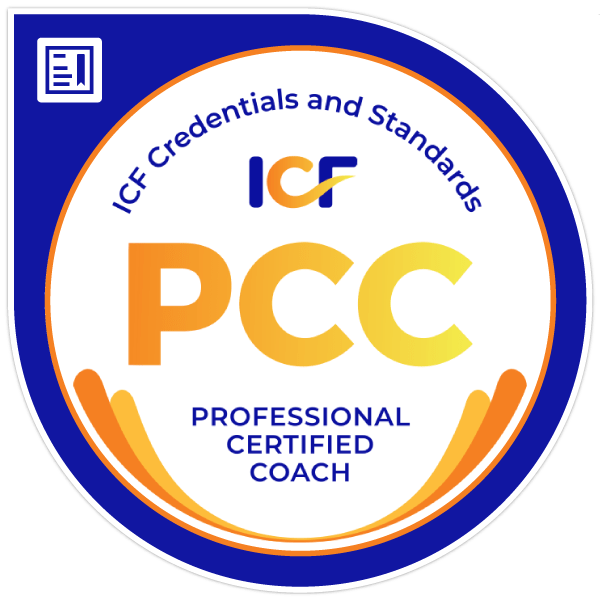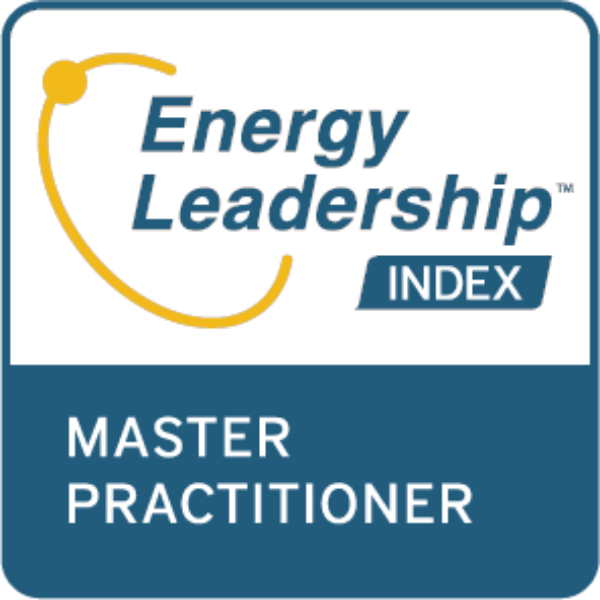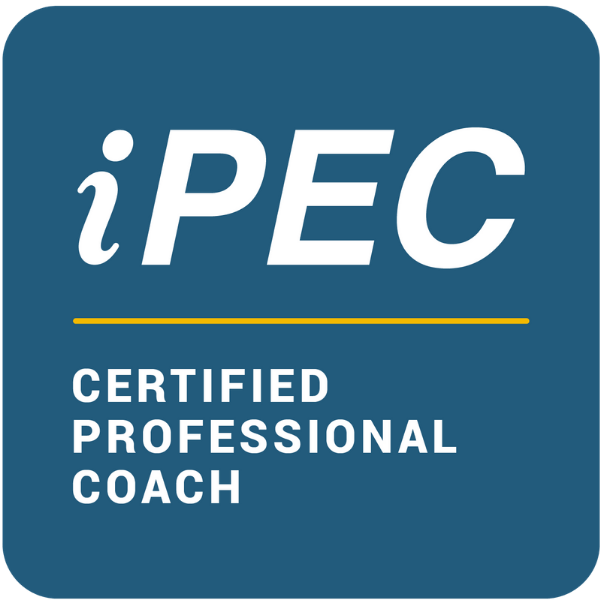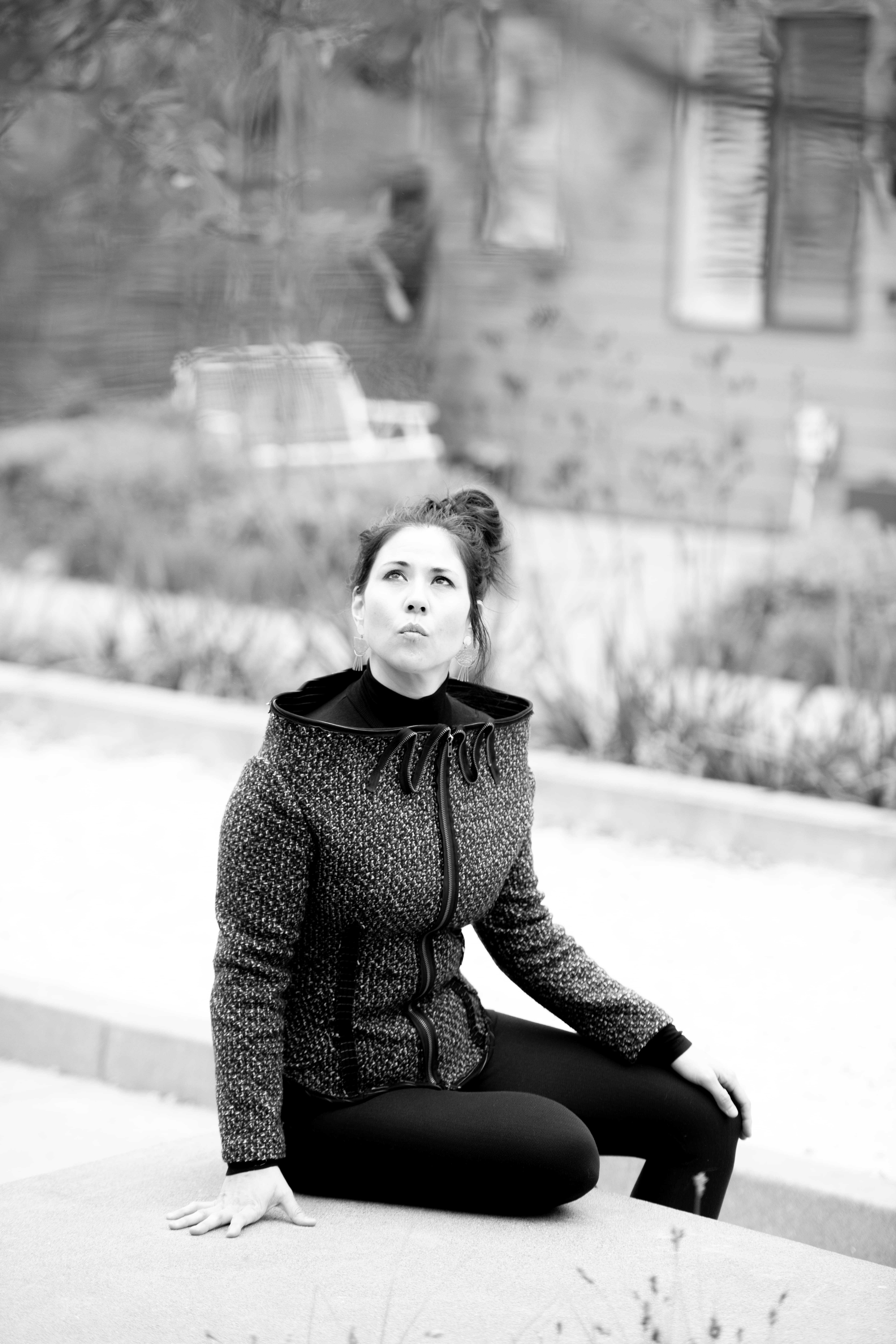 SHOW NOTES from Episode 11 of Wayfinding Wisdom. Click here to listen.
SHOW NOTES from Episode 11 of Wayfinding Wisdom. Click here to listen.
Welcome wonderful humans.
You’re listening to Wayfinding Wisdom – the podcast where each week we offer up 10-20 minutes of stories & strategies to help you navigate the complex waters of modern-day life with intention & confidence.
I’m Alice Chen – coach, experience designer, and fellow wayfinder.
And “meaning” is something that’s come up a lot in my conversations with clients lately – so many of us are looking for meaning these days & grappling with what “meaning” well…means – What’s a meaningful life? What’s meaningful work? What are meaningful relationships?
In my experience, the search for meaning is something that brings a lot of people to coaching. They are feeling & wanting & sorting through all sorts of things, but they don’t yet know what any of it means.
There is a desire for more clarity & alignment…and a recognition that they don’t know yet what exactly even that means!
Not knowing can make it hard for us to feel confident in deciding where & how to direct their time, efforts, & resources – what to say “yes” to and where to say “no.”
In today’s episode, I’m going to offer up some ideas for consideration to those of you who, like me, desire to live a “meaningful life” and are engaged in a process of coming to understand what that means and looks like for you.
So keep listening…
Recently, I was in conversation with a brilliant client of mine – who is in the process of discerning for herself what a “meaningful life” and what “meaningful work” looks like for her.
And she asked me two questions that clients usually ask me somewhere on their journey:
“What is a meaningful life, Alice? What’s the best way to create one for myself?”
Before I could respond, she cut in with this delightful preface:
“Before you say anything, I’m asking because I want my thinking to be provoked and I also 100% plan to own the responsibility of taking whatever you offer and running it up against my own internal gauge.”
We laughed together because this was a moment of shared recognition – that the answer to the question she was asking contained within it the possibility of both oppression or liberation depending on how she received it. Whether she blindly adopted someone else’s definition of a “meaningful life” or engaged in a process to discover her own.
I’m glad she caveated her questions…because the questions themselves gave me pause.
I believe that we have to be careful about how we pose questions generally and particularly when we are on the search for meaning – because the questions we craft shape the answers we discover.
If you’ve ever written a thesis or a term paper or conducted a research study, you’ll be present to this. It’s why we have to spend so much time generating a solid research question. That question will guide everything from who we engage to how we spend our time.
I’ve noticed that in their search for greater meaning, many people begin by asking the same questions my client did:
“What is meaning?” and “What’s the best way to create a meaningful life?”
And yet, these questions are undergirded by some assumptions that I believe actually work in opposition to us really discovering and living into the meaningful lives we seek.
When I ask “What is meaning?” I’m assuming that meaning has some shared, objective definition that I need to know in order to experience it.
When I ask “What’s the best way to create meaning in my life?” I’m assuming that one best way exists and that it can be “created” by my efforts & force of will.
I actually set myself up, just by my questions, to look outside of myself for the answer to those questions – a manual essentially. I orient myself to objectivity, optimization, & effort in my search for meaning. And this can actually be quite disempowering.
I want to say upfront that I don’t think is an individual failing – I think most, if not all of us, struggle with this in some way with this framing.
How deeply have we been conditioned as human beings living in a rationalist, capitalistic society to look to some expert or authority outside of us for the optimal answer and to assume that the way forward is through effort & exertion?
So no judgment here.
And also a recognition that objectivity, optimization, and effort may not be the doors that will lead you to greater meaning in your life.
In my experience & observation, “meaning” and by consequence, “a meaningful life,” “meaningful work” are things that are deeply personal.
Meaning is something we develop a relationship with and that evolves over time.
I recently asked a set of colleagues & former clients to share with me a one sentence response to “What’s your current understanding of what a meaningful life looks like for you?”
Here are some of the things they shared:
Right now, a meaningful life for me is…
…a life where I’ve provided for & been present with the people I love.
…a life lived on my terms.
…a life of service & humility.
…a life that I’m happy with.
…a life with a legacy of impact.
…a life where I gave love & received love.
…a life I can be proud of.
…a life of justice realized.
…a life where I leave the world better than I found it.
…a life where I’ve done all the things.
There’s such variety here. I love this – that meaning can take so many diverse forms.
And that our definitions can change & evolve over time and be expressed in different ways.
A colleague recently said to me:
This is my working definition of a meaningful life, Alice. It might be slightly different tomorrow.”
Yes – working definitions of things. Definitions that are in progress, loosely held, open to being updated. Permission to evolve how you think about meaning in your life…always.
In my experience, true “meaning” is something we wayfind our way to through wayfinding practices like inquiry, & collaboration, not something we Google to find the answer to.
Meaning is something we discover, not something we achieve.
It’s a whole-body experience, not an intellectual response. We feel & sense meaning in our hearts & bodies as much, if not more, than we know it in our minds.
And this is why how we frame our inquiry questions around the search for meaning matters.
When we ask ourselves: “What is a meaningful life? What’s the best way to create one?” we will naturally pop into our brain in an effort to figure out that answer.
We’ll naturally spend our time searching & scanning around outside of us for the answer and trying to achieve or implement it in our lives.
And this has a high likelihood of causing us stress and frustration because your version of a meaningful life doesn’t live in someone else’s book or brain. It lives within you.
And often it’s not something you have to go make happen, so much as something you need to consciously connect with and allow to shape your choices.
When you want to experience more meaning in your life, start by grounding in your life. Center your context, your own inner authority & agency. And pay attention to how you set up your inquiry so that it empowers you to discover answers that are truly yours.
Frame your questions so they invite you to turn towards yourself; to turn inward and to inquire, discern, discover, & experience:
“What does meaning look & feel like to me? In my life? In my work? Given my values & unique gifts? What is my own internal compass showing me about where & how I might start that inquiry? What am I learning about the experience of meaning in my life?”
Try out grounding your inquiry in:
- Personalization over objectivity
- Contextualization over-optimization
- Discovery over achievement
- Experience over effort
And notice whether this helps you orient to your journey in a more empowering way.
I believe that in the end, everyone has to take individual responsibility for determining what’s meaningful to them – no one else but me can determine what a meaningful life looks like for me. And I posit the same is true for you.
You are the author of meaning in your life, and while the things that are meaningful to you may include others or be influenced by others, in the end, you are the one that inhabits your life and you have the agency to determine what you want to that to be about…if you choose to exercise it.
At the same time, I also believe that it’s totally possible to take 100% responsibility for self-authoring meaning in your life and to have no idea what you’re doing when you start out.
You don’t have to know the answer to take responsibility for the journey.
It is okay to NOT KNOW what’s meaningful to you.
Whenever you find yourself here, no judgment. Own it. And then run some experiments, try some things out and on, notice how you feel.
What feels good? What makes you feel full? What feels in alignment with your soul?
Follow that thread. This is the exploration & the discovery.
As always, I’ll leave you with a couple of reflection questions:
- We talked about framing your inquiry in empowering ways – Where might you be disempowering yourself by posing questions that set you up to optimize rather than discover? To search for deeply personal answers outside of yourself? How might you reframe your inquiry so that it helps you turn inward?
- We talked about working definitions of a meaningful life – “What’s your current one sentence working definition of a meaningful life?” Remember to hold it loosely and to give yourself permission to update & evolve your definition as you discover more.
- We talked about taking responsibility for experimenting & learning your way into what meaning looks & feels like in your life – “How are you currently doing this? What’s your next tiny experiment?”
I’d love to hear your working definitions of a meaningful life and what you are learning and discovering through your inquiry.
Share on my Instagram feed @wayfindingwisdom.
I’ll also post the reflection questions from today’s episode there as well so check them out.
And if you enjoyed today’s podcast and want to have it delivered to you every Wednesday morning, head on over to my website at www.wayfindingwisdom.com to sign up.
Today’s episode is part of an 8-week series I’m putting together on meaning & values. Next week we’ll be talking about values and their relationship to meaning, so tune in again next Wednesday to continue the conversation.
As always, I’m grateful for you and your presence in the world.
Until next time, be well, be brave, be you.
